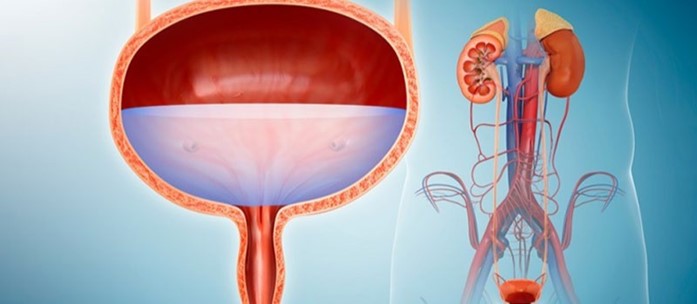Before administering a scheduled dose of insulin to a 10-year-old child who is learning diabetic self-care, which information is most important for the practical nurse (PN) to ask the child?
Did the child perform a fingerstick?
How much did the child exercise today?
When did the child last urinate?
Has the child eaten recently?
The Correct Answer is A
A. Checking the child’s blood glucose level via fingerstick is the most important step before administering insulin to prevent hypoglycemia or ensure the appropriate dose.
B. Exercise affects blood sugar, but the immediate priority is verifying the blood glucose level.
C. Urination patterns can indicate hyperglycemia, but they are not the most critical factor before insulin administration.
D. Eating is important, but insulin dosing should be based on blood glucose readings and meal intake combined.
Nursing Test Bank
Naxlex Comprehensive Predictor Exams
Related Questions
Correct Answer is ["A","E"]
Explanation
A. This is a client care intervention that the PN can assign to the UAP. Transporting a urine culture sample to the laboratory is a routine and non-invasive task that does not require clinical judgment or skill. The UAP should follow the standard precautions and protocols for handling and labeling the specimen.
E. This is a client care intervention that the PN can assign to the UAP. Emptying the bedside drainage unit for a client with an indwelling urinary catheter is a routine and non-invasive task that does not require clinical judgment or skill. The UAP should follow the standard precautions and protocols for emptying, measuring, and recording the urine output.

B. This is not a client care intervention that the PN can assign to the UAP. Obtaining a post-voided residual (PVR) volume is a procedure that requires clinical judgment and skill, as it involves using a bladder scanner or catheterizing the client to measure the amount of urine left in the bladder after voiding. The UAP is not trained or authorized to perform this task, and it should be done by the PN or another licensed nurse.
C.This is not a client care intervention that the PN can assign to the UAP. Teaching the client with fluid restrictions how to measure urine output is an educational activity that requires clinical judgment and skill, as it involves assessing the client's learning needs, providing clear and accurate instructions, and evaluating the client's understanding and compliance. The UAP is not trained or authorized to perform this task, and it should be done by the PN or another licensed nurse.
D.This is not a client care intervention that the PN can assign to the UAP. Irrigating an indwelling urinary catheter for a client with bladder suspension is a procedure that requires clinical judgment and skill, as it involves inserting sterile fluid into the bladder through the catheter to flush out any clots, debris, or bacteria. The UAP is not trained or authorized to perform this task, and it should be done by the PN or another licensed nurse.
Correct Answer is B
Explanation
Elevations in troponin I and CK-MB levels indicate myocardial damage, which can result from insufficient blood supply to the heart muscle due to coronary artery disease. When the heart muscle is damaged, it can lead to abnormal electrical activity and rhythm disturbances, known as cardiac dysrhythmias. These dysrhythmias can be life-threatening and require immediate attention.
Transient ischemic attack (TIA) refers to a temporary interruption of blood flow to the brain, which is not directly related to the elevated troponin I and CK-MB levels. Therefore, monitoring neurological vital signs for TIA is not the most significant risk in this case.
Pulmonary embolism, while it is a serious condition, is not directly indicated by the elevated troponin I and CK-MB levels. Lifestyle modifications may be important for managing coronary artery disease but are not the most significant risk based on the given information.
Recurrent long-term angina pain and subsequent myocardial infarction (MI) may be a concern for the client with coronary artery disease, but the elevated troponin I and CK-MB levels suggest that myocardial damage has already occurred. The focus at this point would be on managing the acute myocardial damage and the risk of cardiac dysrhythmias.
Whether you are a student looking to ace your exams or a practicing nurse seeking to enhance your expertise , our nursing education contents will empower you with the confidence and competence to make a difference in the lives of patients and become a respected leader in the healthcare field.
Visit Naxlex, invest in your future and unlock endless possibilities with our unparalleled nursing education contents today
Report Wrong Answer on the Current Question
Do you disagree with the answer? If yes, what is your expected answer? Explain.
Kindly be descriptive with the issue you are facing.
